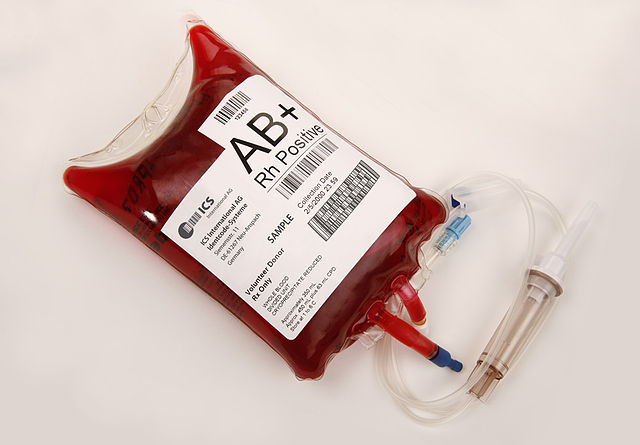
It’s a step forward, but there’s still progress to be made.
Until now, men who have sex with men (MSM) who wish to donate blood have been required to abstain from sexual activity for 12 months due to risk of HIV contamination – a remnant of the AIDS epidemic of the 1980s.
But in order to reflect advances in screening technology, and recommendations from both HIV/AIDS and LGBT+ activists, new rules coming into effect this week will reduce the deferral period from 12 months to three months.
The government says the new rules are “based on the most up to date scientific evidence and medical advances, which will offer more people the opportunity to donate blood without affecting the safety of the blood supply”.
The change in rules will come into effect in Scotland and Wales on Monday 27 November, and in England on Tuesday 28 November.
It means all MSM – as well as sex workers – can donate more quickly, as new and improved NHS testing measures can establish whether someone has a virus such as HIV, hepatitis B, hepatitis C, or syphilis within three months.
“We’re pleased the Government recognises there is still more to be done to ensure all lesbian, gay, bi and trans people are accepted without exception,” said Stonewall’s CEO Ruth Hunt.
“Change to the blood donation rules are welcome. However, while this is an important move, it’s vital that this is a stepping stone to a system that doesn’t automatically exclude most gay and bi men.
“We would like to see individualised risk assessment, and are encouraged that the Government and NHS Blood and Transplant Service are committed to exploring how to do this.”
MSM were banned from giving blood at the height of the AIDS epidemic in the 1980s, but the decision was overturned in 2011 to allow them to donate 12 months after having sex. Six years later, that figure is down to three months.
Scott Cuthbertson, Development Manager at Scottish LGBT+ charity the Equality Network, said: “We welcome that more gay and bisexual men will be eligible to donate blood from today.
“We hope many gay and bisexual men who are now able to donate, do so with their peers.
“These new rules are a welcome and significant step forward, we remain concerned, however, that for too many low risk gay and bisexual men these new rules are, in effect, a continued ban.”



